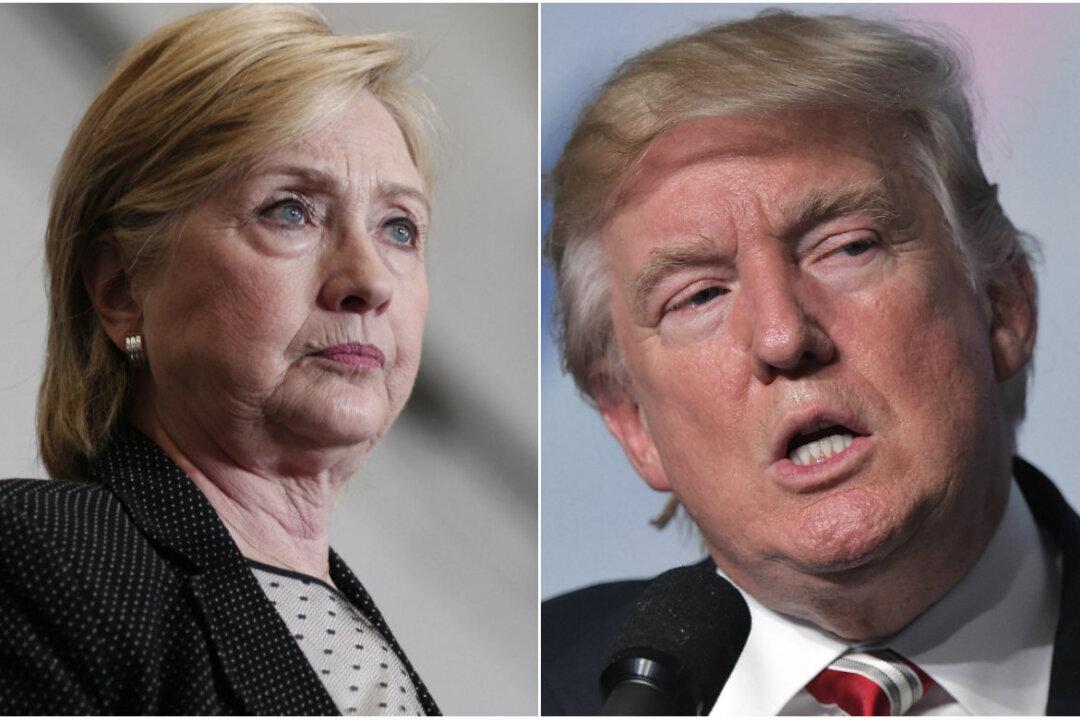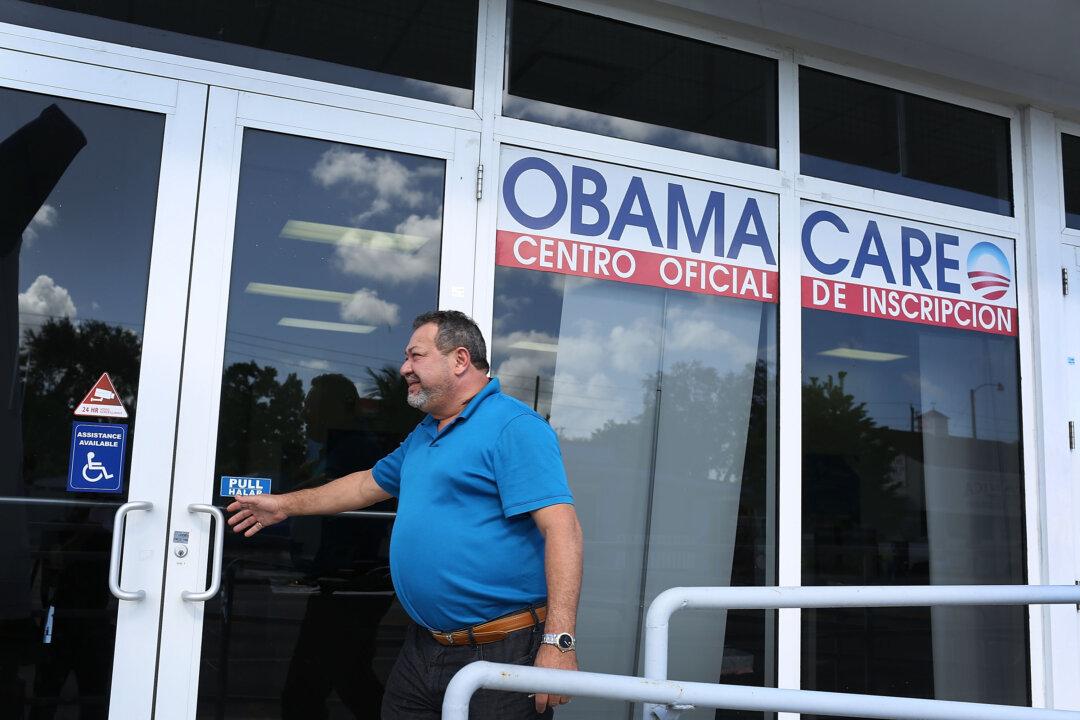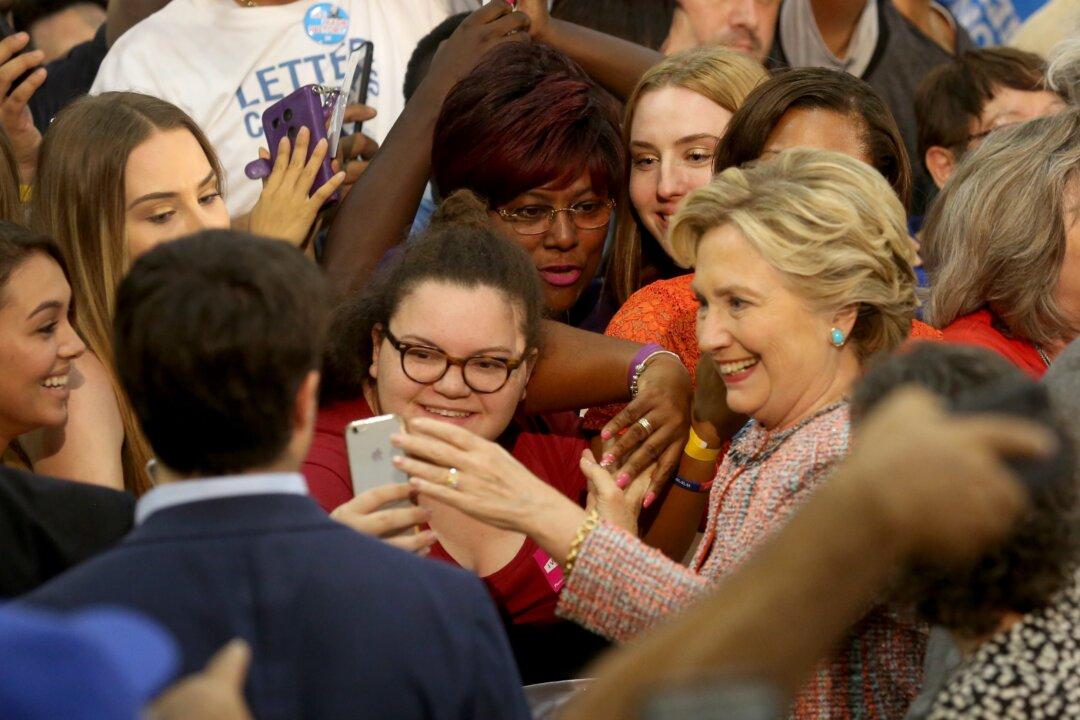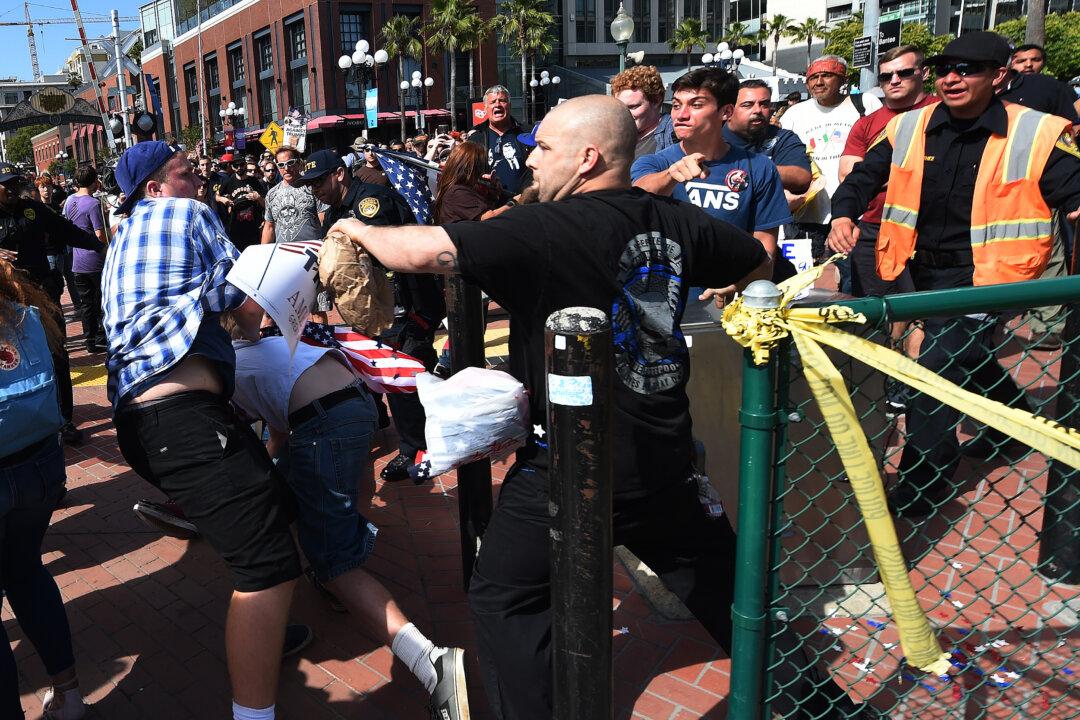What would happen if a presidential candidate were to withdraw from the race?
Democratic presidential candidate Hillary Clinton’s health scare at the Sept. 11 memorial service has people wondering what the next step would be if she, or any candidate, were to drop off the ticket.
Democratic Candidate
If a Democratic candidate withdraws from the presidential race before the November election, the Democratic National Committee (DNC) will handle the matter through Article 2, Section 7 of the DNC Bylaws.
“A special meeting to fill a vacancy on the National ticket shall be held on the call of the Chairperson,” says the DNC rule.
The new Democratic candidate will be chosen by the committee’s majority vote.
Republican Candidate
As for the Republican party, Rule 9 of the Republican National Committee (RNC) rules will take effect. The order states that if the presidential or vice presidential candidate dies or decides to withdraw, the vacancy will be filled by the RNC.
“In voting under this rule, the Republican National Committee members representing any state shall be entitled to cast the same number of votes as said state was entitled to cast at the national convention,” the rule says. The new candidate would have to receive a majority of votes to become the nominee.
If the RNC or DNC had to replace its nominee, it would also mean replacing the nominee on the ballots. States would have to individually approve the change. However, states have different deadlines and it may be too late. If this happens, the matter can be taken to court.
After the November Election
If a presidential candidate dies or is incapacitated after the election is over but before the Electoral College meets mid-December, a federal law will go into effect. Electors that were supposed to vote for that candidate would then be able to vote for the candidate of their choice at the electoral meeting. Individual states may pass laws on the matter; however, no federal law proscribes how electors must vote when a candidate withdraws.
This scenario has happened before.
Horace Greeley, the Democratic candidate in the 1872 presidential election, died a few weeks after the election but before the Electoral College officially met. After his death, his electoral votes were distributed among four different candidates.
Before the Inauguration
If a candidate dies or becomes incapacitated between the meeting of electors and the counting of electoral votes in Congress, the Constitution does not determine whether he or she meets the definition of president-elect or vice president-elect, according to federal law.
However, if the candidate with a majority of the electoral votes is defined as president-elect, even before the electoral votes are counted in Congress, the 20th Amendment will be implemented. Section 3 of the amendment states that the vice president-elect will become commander in chief if the president elect dies or is incapacitated.




